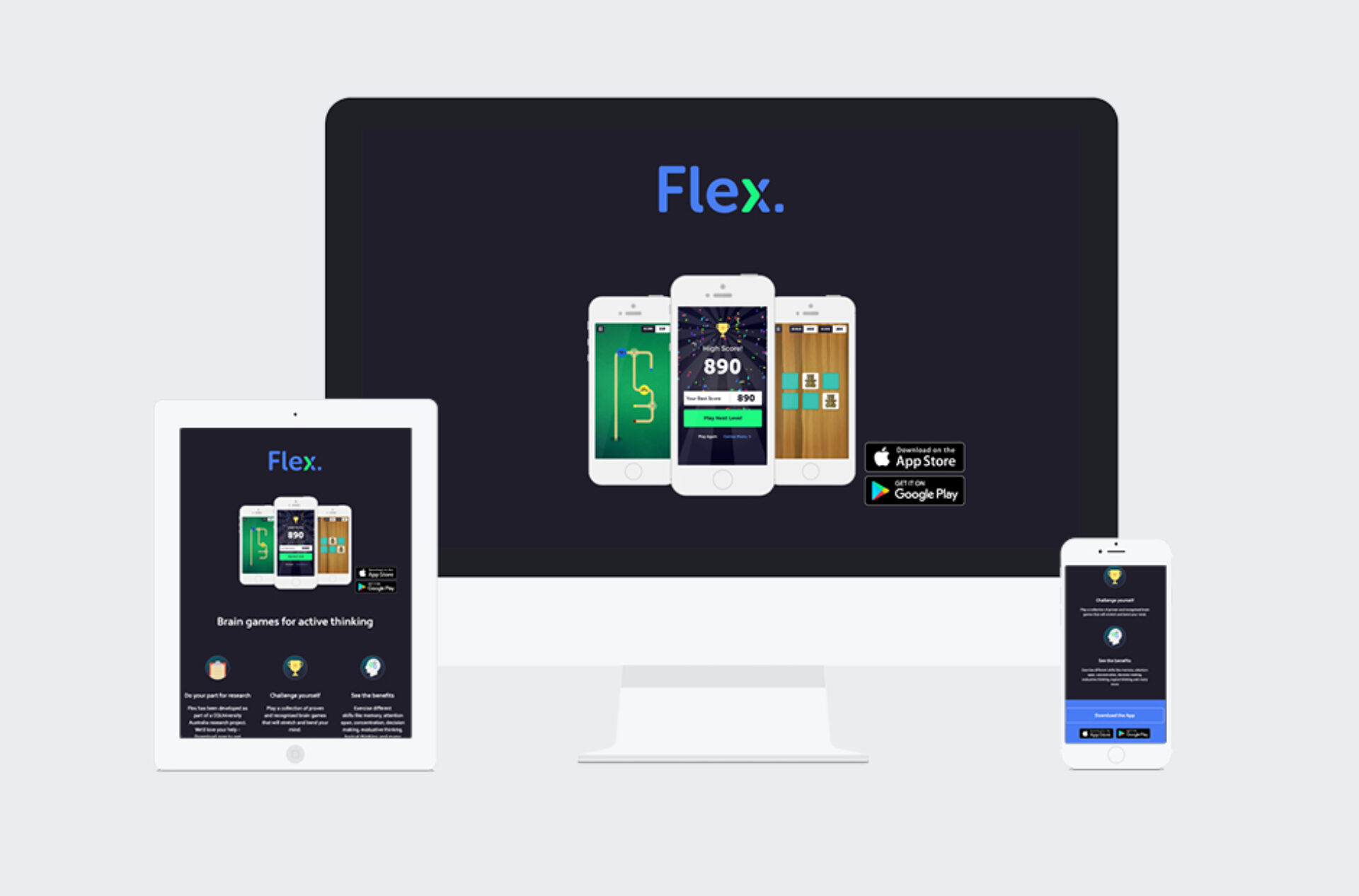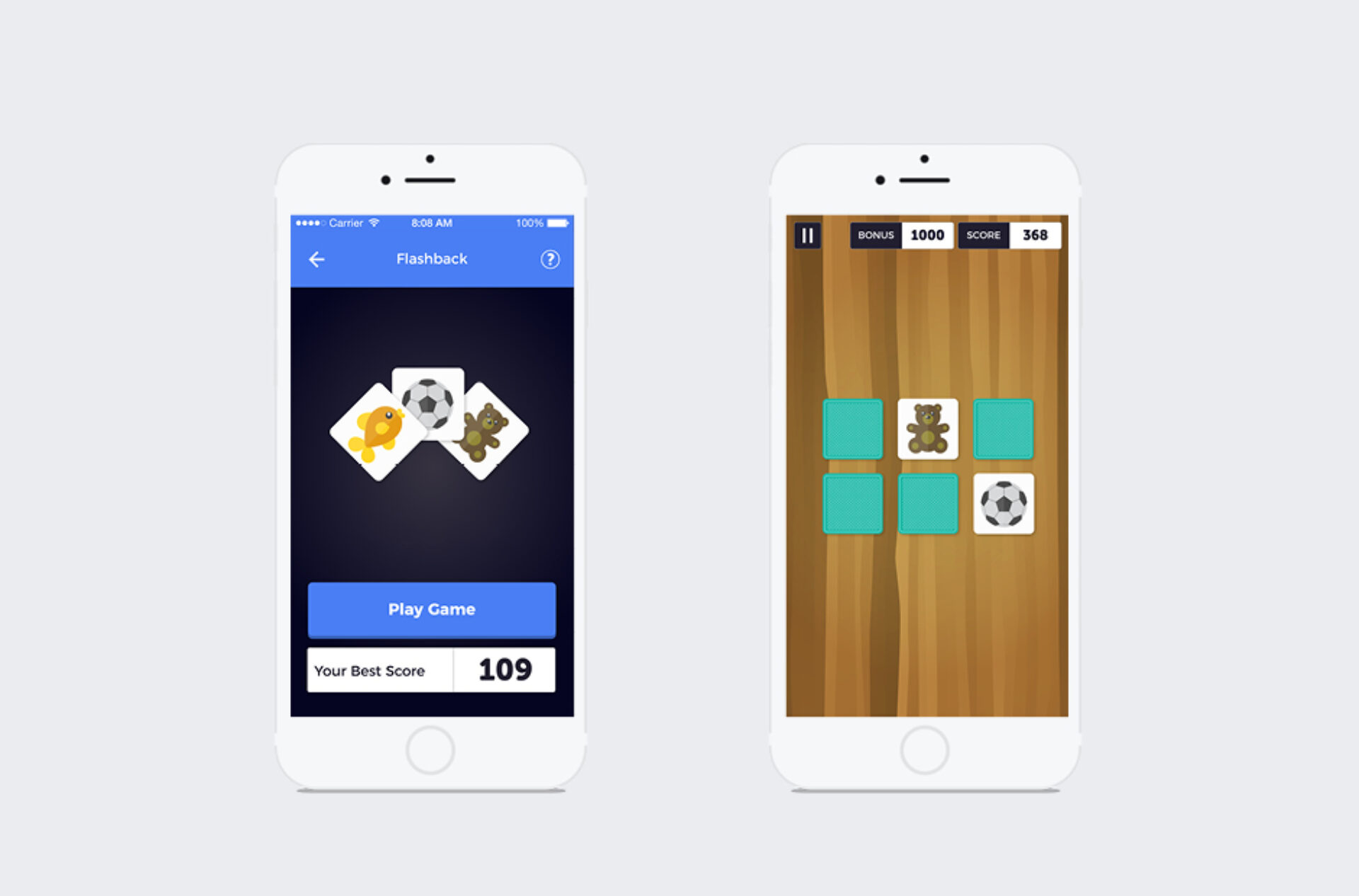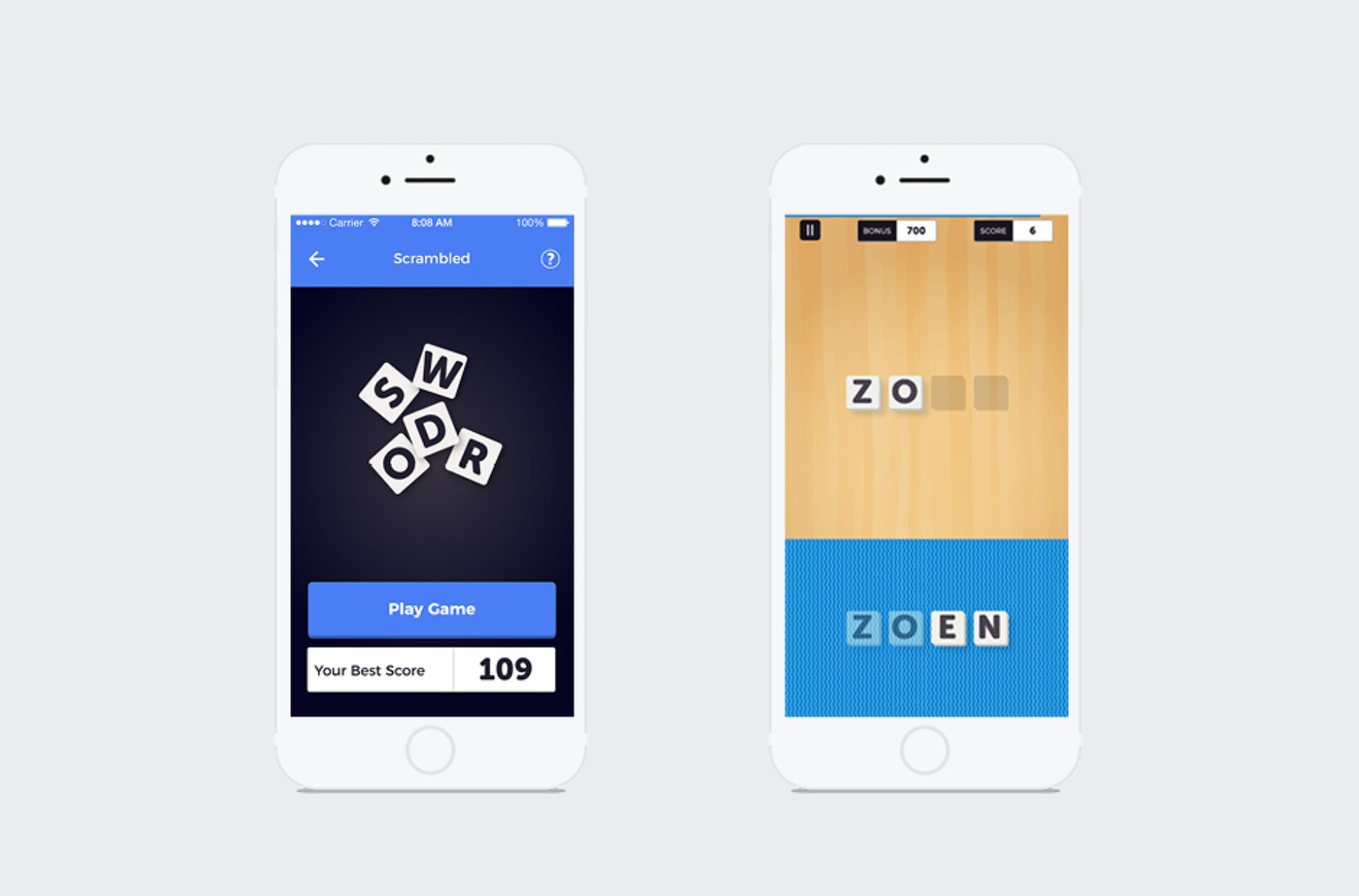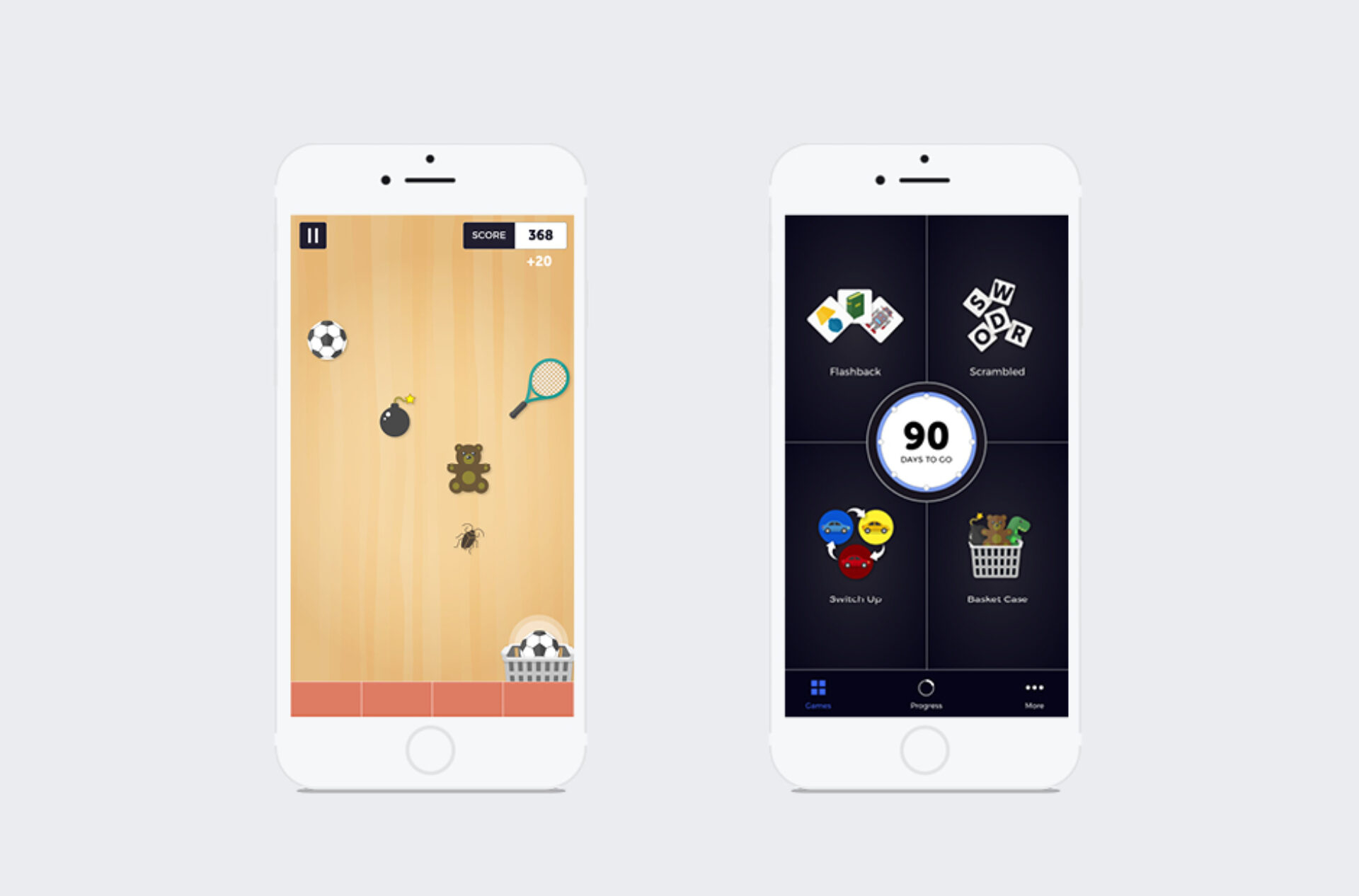Flex
Train your brain, an application for Central Queensland University
Case study
Headjam are proud to collaborate with physical activity researchers, working together to by providing communication material and design services in order to facilitate their research. Amanda Rebar from Central Queensland University brought her latest research challenge to us. Read Hide the full case studyBackground
Headjam have been collaborating with Physical activity researchers for over 7 years.
During this time we have helped to build applications for research purposes and assist their interventions by providing communication material and design services.
Central Queensland University’s Dr Amanda Rebar is a physical activity researcher with her main research interests being physical activity motivation; specifically automatic regulation of physical activity (e.g. habits, automatic evaluations), and the mental health benefits of physical activity.
To continue her studies in 2016, Amanda was developing an intervention to measure the cognitive behaviour of her participants and measure this against their physical activity increase or decrease. Amanda engaged Headjam to collaborate on an exciting application build for both iOS and Android devices to facilitate this study.
Objective
We had two objectives for this project.
Our research objective was to discover whether physical activity behaviours can be influenced or impacted through cognitive behaviour.
Our design objective was to design an app that will encourage user groups to engage in a set of games on a regular basis over a 3 month period.
Target Audience
General population of Australia that are eligible for the research study, with a particular emphasis on a 65+ demographic.
Consumer Proposition
Motivation through games.
Desired Consumer Response
‘I enjoy using the application and playing the games’.
Creative Solution
This project was not only a mobile app design and build, but an entire branding exercise with logo, app icon and brand position to be considered.
When we were brainstorming the app name, it was important for us to come up with something that was searchable and memorable. We wanted to optimise the app name for keywords and for it to be unique and short. We also wanted to develop a name that was positive and energetic; with four different brain games to play, this app was positioned to be a stretching and bending of the mind. And so, our top name pick was ‘FLEX - brain games for active thinking’.
In order to ensure that the participants stayed engaged during the three month research period, our consideration of the user journey was really an important one. The app design needed to be user friendly for the 65+ year old participants, but we also kept in mind a more general demographic.
The interactive dashboard was designed to allow fast access to the game and also ensure that the research participant knew how they were tracking for their goal of 90 days of play-time every day when they check-in.
The robust set of four completely uniquely designed games required a massive suite of game icons and assets, which were all illustrated in-house by the Headjam design team.
Reward screens and animations were also designed to ensure that new high scores or level unlocks were rewarded and continued gaming was encouraged.
The primary purpose of this app was to be a tool for research. We designed and built the App Management System to provide this via splitting up the users into a control group and an experimental group silently in real time. Unlike other apps, FLEX’s design is dynamic and the experience of the game will change depending on which research group the user has been assigned.
Evaluation
Being a medical research project, the results are ongoing and being consistently measured. There are currently a number of academic papers being written for publication on the effectiveness of the project in understanding the behaviour of the users. The team of researchers that Headjam collaborated with have commented on the robustness of the data that Headjam have provided them through the app, and that it has enabled them to analyse data retrospectively that they could not have planned for at the beginning of the project.
Statistically, the app has been downloaded 2,800 times from both Apple and Android app stores. Given this app has no paid promotion attached to it, this is a great achievement and enables the research team to access user data outside of their controlled study group.
Client
CQU - Flex App
Project
Application
Processes used in this project
iPhone app designers, iPhone app development, Mobile app development, User experience design, User interface design



